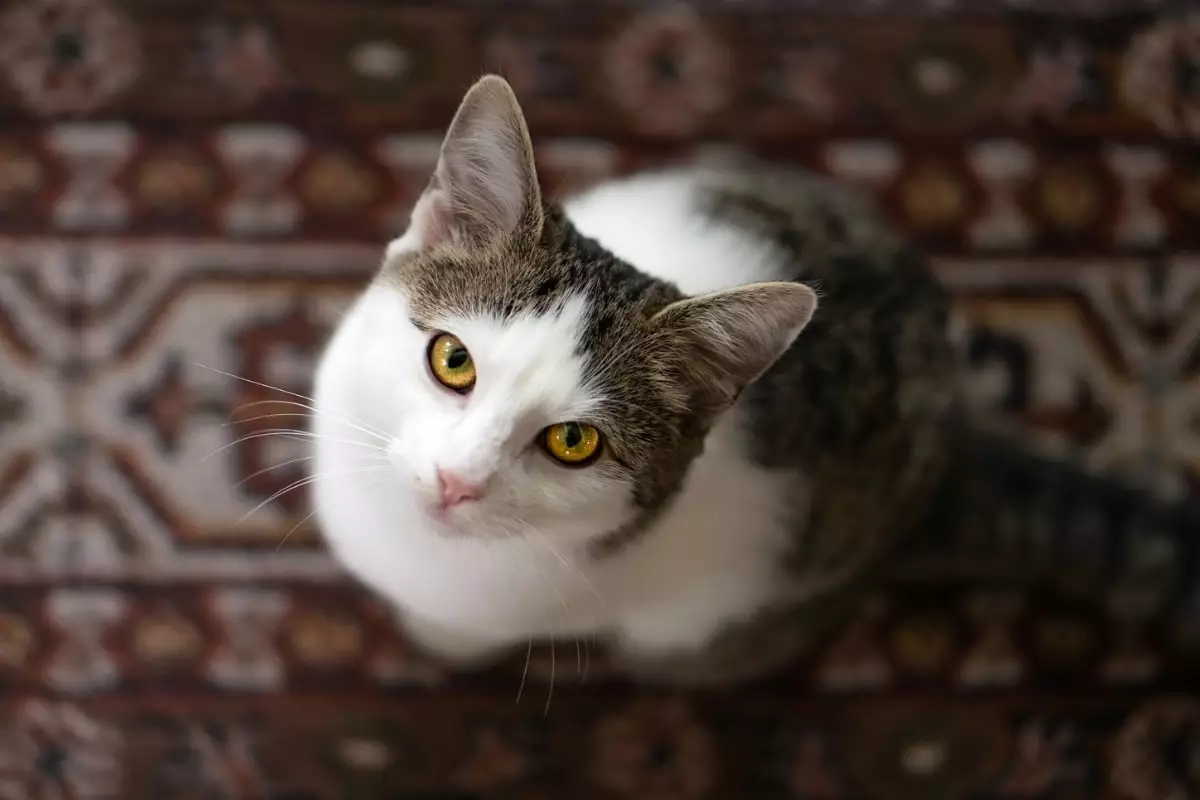Cats have long captivated our hearts and homes, but their behaviors often elude our understanding. Beneath their seemingly indifferent exteriors lies a complex world of communication, filled with nuanced signals and subtle judgments. By examining their behaviors, we can uncover the thoughts and feelings behind those expressive eyes.
Anyone who shares their living space with a cat can attest to the strange feelings of being observed. It’s not unusual to glance over and find your feline companion fixed in a gaze that feels penetrating. This intense focus is not merely an idle pastime for cats; it’s a manifestation of their instinctual nature. Cats are natural hunters, always on alert, which makes them keen observers. However, their watchful behavior also serves a purpose beyond mere curiosity—they are actively assessing their environment, gauging your actions, and even learning about your daily routines.
Another aspect of feline behavior that can lead to a significant amount of judgment is their commitment to cleanliness. Cats are meticulous creatures, spending hours grooming themselves to maintain their pristine appearances. As a result, they might react negatively when their litter box is less than satisfactory. An unkempt litter box can provoke not just a disdainful glare but a behavioral protest—such as deciding to “redecorate” your carpet instead. To cats, this is more than a matter of maintenance; it’s a question of environment and respect.
Meal time is a sacred event in the kingdom of cats. When mealtime approaches, their sense of time seems to sharpen. If you fail to provide sustenance at the appointed hour, be prepared for silent reprimand; expect to receive a pointed paw or a questioning meow. A cat’s ability to remember feeding schedules reflects not only their biological needs but also their expectations of you as their caretaker. Delaying their meals is akin to doubting their importance in the household hierarchy.
Have you ever found your cat observing you with narrowed eyes as you cuddle another pet or animal? Cats are deeply sensitive to the relationships and dynamics within their territory. To them, your interactions are scrutinized, and they may wonder about your loyalty. A sniffing session upon your return or an aloof retreat to a high perch can indicate feelings of mistrust or discomfort with your social habits. They often expect exclusivity and might express discontent when they perceive a threat to their relationship with you.
The rearrangement of furniture can incite significant disapproval from a feline friend. While you may be looking to freshen up your living space, your cat views these changes as threats to their established territory. You may notice your cat gingerly navigating the new layout, casting suspicious glances in your direction. This hesitance showcases their innate need for control and predictability, reflecting their desire to maintain their personal domains—without your interference.
Understanding a cat’s sense of personal space is crucial for harmonious cohabitation. Cats are independent creatures and relish their alone time. If you attempt to force affection upon a cuddly cat who’s not in the mood, you may find yourself met with a swift retreat, an indignant flick of a tail, or worse—a punishment in the form of a missing pet. This is a vital component of their communication; understanding their social cues can lead to a more rewarding relationship.
Animals might not possess a language in the way humans do, but their actions convey clear messages. The judgmental stares, the artful dodges, and the stillness all serve as testament to their thoughts and emotions. In the quiet moments shared with a cat, one can glean a wealth of understanding from their behaviors.
In closing, as you navigate the complexities of living with these enigmatic companions, remember that their silent judgments, while seemingly critical, are simply part of their delightful charm. Learning to interpret their unspoken language will not only enrich your relationship with them but may also encourage a more harmonious household. In the grand game of life with cats, it’s essential to take the time to understand their perspectives; they observe us closely, and it’s only fair we return the favor.

